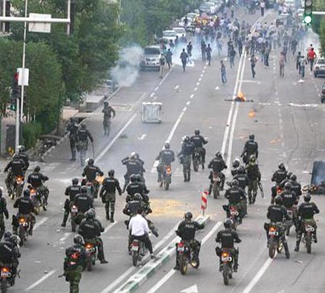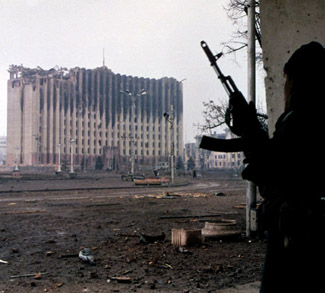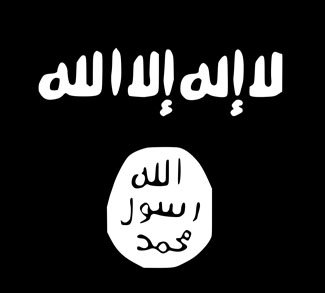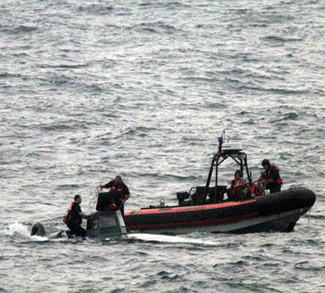Summary
With the exception of an uptick in protests during Ashura, Hossein Mousavi’s challenge to the Iranian political establishment has faded from the international spotlight since the open dissidence of last June. However, Iran remains a society divided. This backgrounder covers the people and events that are shaping Iran’s reform movement.
A History of Division
The country-wide protests that gripped Iran in the wake of last June’s disputed elections mirror political animosities that have existed for some time. There has long been a political tug-of-war unfolding between reform-minded, left leaning clerics and their conservative counterparts, ever since Grand Ayatollah Montazeri was passed up to succeed the late Ayatollah Khomeini in 1989 [1]. Since then, the fortunes of Iran’s reform movement have ebbed and flowed; from the highs of Seyed Mohammad Khatami’s presidency between 1997 and 2005, to the lows of Mehdi Karroubi’s bitter loss to Mahmoud Ahmadinejad in the disputed elections of 2005 [2].




